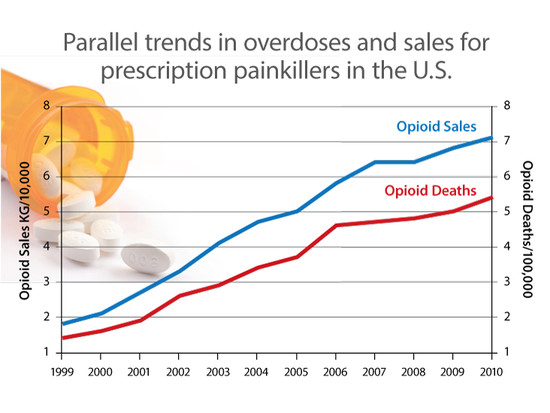
What’s it mean? A new state law kicked in Tuesday aimed at preventing prescription drug abuse in New York.
The Internet System for Tracking Over-Prescribing (I-STOP) Act requires physicians to consult a real-time online database before writing prescriptions for certain controlled substances. The database is designed to cut drug abuse for opioid pills and narcotic painkillers, among the most abused drugs.
Attorney General Eric Schneiderman, who first introduced the legislation in 2011 and was passed unanimously by state legislators last year, said in a media release the database gives medical professionals with the information necessary to detect doctor-shoppers and better serve patients at risk of addiction.
“Illegal trafficking in prescription drugs poses an enormous danger to the public,” he said. “I-STOP has already started reducing the supply of opioid painkillers on the street, even before mandatory verification took effect. Now, New York is leading the nation in the fight to protect the public from the devastating consequences of prescription drug abuse. ”
The database, also accessible to pharmacists, will also help prevent potentially dangerous drug interactions.
But some doctors won’t be able to begin using the system for another two months.
According to the state Department of Health, the problem stems from delays in applying for and receiving a required database account for the state’s Health Commerce System (HCS). The state Department of Health and the Bureau of Narcotics Enforcement issued a statement earlier this week that practitioners may not receive their account information for the Prescription Monitoring Program (PMP) Registry until October.
“Although the Department of Health is working diligently to process all requests, this significant influx has resulted in a delay in processing accounts,” the statement said. “During this transition period, practitioners who are making a good faith effort to apply but are unable to establish HCS accounts, should continue to provide treatment to their patients in the same manner as they currently do, including the prescribing of controlled substances without accessing PMP Registry.”
The Medical Society of the State of New York has criticized the I-STOP legislation, calling it too burdensome on physicians. Dr. Sam Unterricht, MSSNY president, told members in an email the organization will continue to work with the department to ensure that the physicians’ voice is heard.
“We have no doubt that I-STOP will have a beneficial effect on opiate overdoses and abuse,” he wrote. “Will there be an immediate access to care problem? Will physicians knowingly or unknowingly place themselves at risk if they do not prescribe or if they prescribe but can’t look up patients? Will the cost to practices be so high that physicians retire or leave the state?”
In addition to creating the database, I-STOP also led to the re-categorization of several drugs, including hydrocodone and tramadol, which will prevent automatic refills; and established a drug disposal program for New Yorkers to get rid of expired and unneeded drugs.
Lawmakers say I-STOP will also help cut down on health-care fraud by reducing duplicate prescriptions or overprescribed drugs that previously were billed through the public Medicaid program.
The actual concern seems to be over opiates but will effect all schedule II to IV drugs


No comments:
Post a Comment